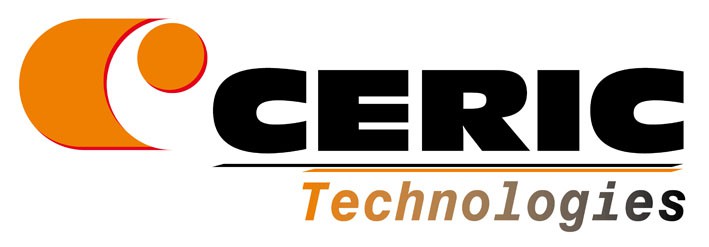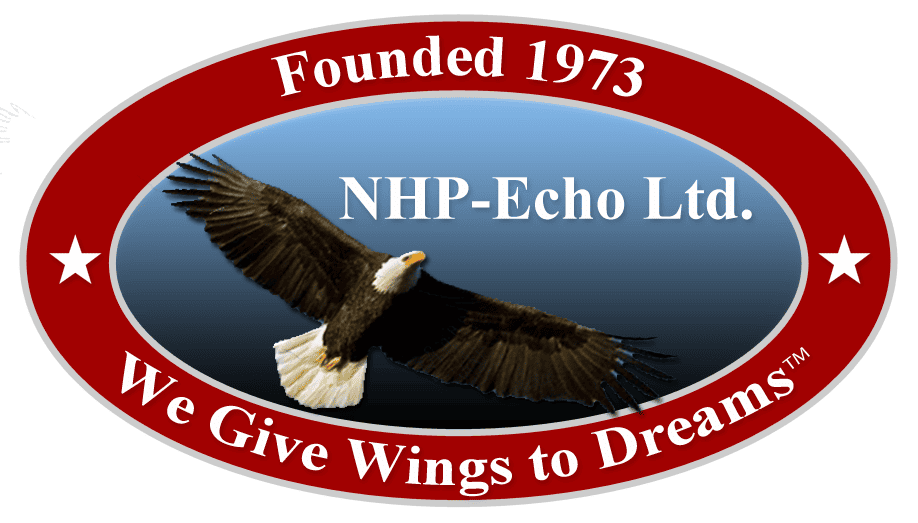Keta Foundation - Who We Are
Across the Globe, We Are Dedicated to Eliminating the roots of modern slavery
Who We Are
Partnering to build a world where all children are freed from the roots of modern slavery.
The Keta Foundation is a 501(c)(3) nonprofit dedicated to supporting a number of philanthropic and other institutions in Ghana, Africa, and globally.
In Ghana, a primary beneficiary of U.S. donations will be Freedom University, based in Keta, Volta Region, Ghana, which will host students, faculty, staff and alumni who wish to become informed social activists in the battle against modern slavery. This project is funded under the aegis of the Freedom Corps Ghana Pioneer program.
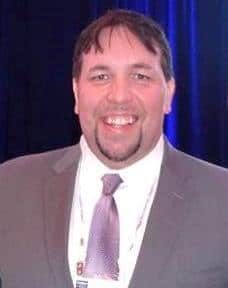
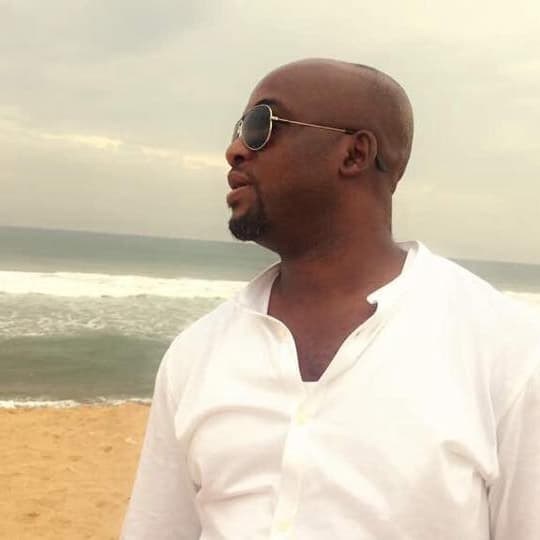
Gavin P. Smith - Executive Director
Gavin holds a Master of Global Management with distinction from Thunderbird School of Global Management; an MBA from the College of William & Mary Mason School of Business; and a BA in History from Wake Forest. A global professional and consultant with 20 plus years of experience in digital marketing, award-winning broadcasting and journalism, Gavin is Executive Consultant to Freedom University Keta, and, as a Partner, represents NHP interests in the Americas and the Caribbean.
Fortune Norris Addor
Fortune’s apprenticeship took place in Echo Contract Ltd, a leading Ho, Volta Region, road building, residential construction and engineering company, founded by his father, Crossly K. Addor in the 1970s. He earned a B.Sc. in Business Management from the University of Ghana in Accra, followed by Business Studies at MSBM, in London, before joining a French high tech energy company as African Development Manager. Fortune, co-founder of Freedom University Keta, represents Norris Hill & Partner as Managing Director in Africa.
Our Approach
We Work to Eradicate the Roots of Modern Slavery in the Volta Region
01.
— Our Mission
The Keta Foundation is a 501(c)(3) nonprofit dedicated to supporting a number of philanthropic and other institutions in Ghana, Africa, and globally.
02.
— Our Vision
In Ghana, a primary beneficiary of U.S. donations will be Freedom University, based in Keta, Volta Region, Ghana, which will host students, faculty, staff and alumni who wish to become informed social activists in the battle against modern slavery. This project is funded under the aegis of the Freedom Corps Ghana Pioneer program.
A further sustainable project of considerable importance supported by the Keta Foundation is Freedom University’s annual Keta Global Slavery Summit, designed to engage scholars, leaders, and experts in diverse fields to find and implement solutions to attack the core problems of ignorance, poverty, intolerance and lack of opportunity that fuels slavery throughout the world.
Keta Foundation will also assist victims – particularly children – at a number of benevolent institutions in Ghana. These include, but are not limited to HardtHaven, Kapando (Ghana’s HIV/Aids Orphan’s Home), Challenging Heights, Winnenden (HardtHaven promotes youth and family empowerment and children’s rights to education and freedom from forced labour in Ghana), Adele Orphanage, Nkwanta, founded by the mother of our dear friend, Daniel N’gkobo nearly 50 years ago, who together with Angelika, has devoted all his income and efforts for the past two decades to keeping it going.
And then, there are the impoverished, semi-isolated and nearly forgotten men, women and children of Bomigo Island, a proud, highly artistic, hospitable people, with no local employment, their daily lives plagued by treatable illness, marked malnutrition, and clouds of mosquitos. The Chairman of Volta Region, Dr Normanyo “said it was profoundly regrettable that the youth of these areas were left to waste away; whirling in cycles of poverty; ignorance and backwardness; unaffected by policy and forced to drift to the cities to be manipulated by the dangerous vicissitudes of urban life.’
In 2000, three Bomigo girls were drowned on the way to school in an unstable canoe – the only means of transport. Just one of the many goals of Keta Foundation, is to purchase a secure motorboat to take children to school. But we hope with your aid, to do much more – to provide jobs, better housing, medicine and nutrition for these joyous people who refuse to have their spirits beaten down by their circumstances.
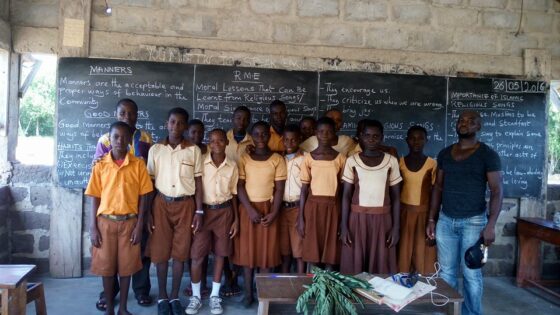
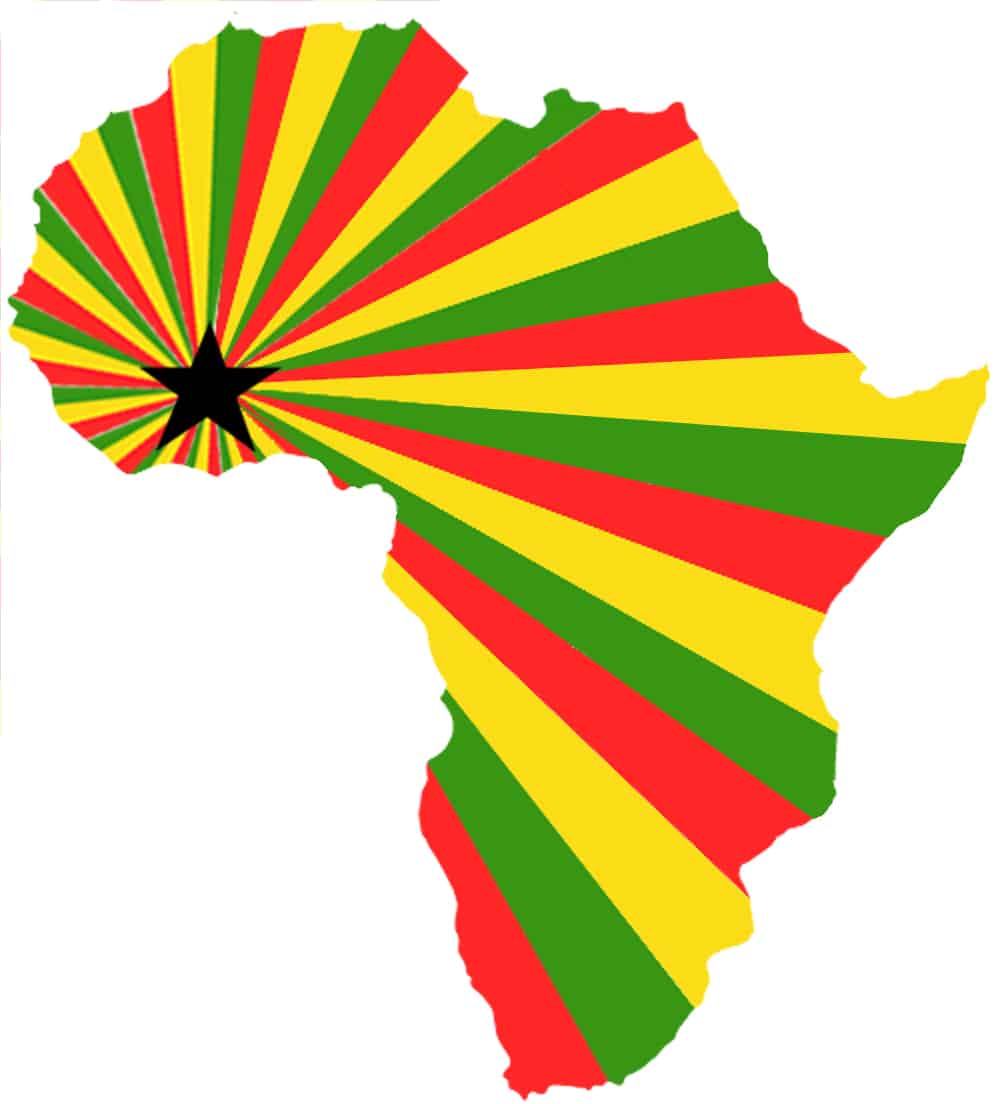
03.
— Our Story
Formed from the merger of the British colony of the Gold Coast and the Togoland trust territory, Ghana in 1957 became the first sub-Saharan country in colonial Africa to gain its independence. Ghana endured a long series of coups before Lt. Jerry RAWLINGS took power in 1981 and banned political parties.After approving a new constitution and restoring multiparty politics in 1992, RAWLINGS won presidential elections in 1992 and 1996 but was constitutionally prevented from running for a third term in 2000. John KUFUOR succeeded him and was reelected in 2004. John Atta MILLS won the 2008 presidential election and took over as head of state, but he died in July 2012 and was constitutionally succeeded by his vice president, John Dramani MAHAMA, who subsequently won the December 2012 presidential election.
Ghana’s economy was strengthened by a quarter century of relatively sound management, a competitive business environment, and sustained reductions in poverty levels, but in recent years has suffered the consequences of loose fiscal policy, high budget and current account deficits, and a depreciating currency.
Ghana has a market-based economy with relatively few policy barriers to trade and investment in comparison with other countries in the region. Ghana is well-endowed with natural resources. Agriculture accounts for nearly one-quarter of GDP and employs more than half of the workforce, mainly small landholders. The services sector accounts for about half of GDP. Gold and cocoa exports, and individual remittances, are major sources of foreign exchange.
Expansion of Ghana’s nascent oil industry has boosted economic growth, but the recent oil price crash has reduced by half Ghana’s 2015 anticipated oil revenue. Production at Jubilee, Ghana’s offshore oil field, began in mid-December 2010 and currently produces roughly 110,000 barrels per day. The country’s first gas processing plant at Atubao is also producing natural gas from the Jubilee field, providing power to several of Ghana’s thermal power plants.
As of 2015, the biggest single economic issue is the lack of consistent electricity. While the MAHAMA administration is taking steps to improve the situation, it will be the third or fourth quarter of 2015 before any relief is visible.
Ghana signed a $920 million extended credit facility with the IMF in April, 2015 to help it address its growing economic crisis. The IMF fiscal targets will require Ghana to reduce the fiscal deficit by cutting subsidies, decreasing the bloated public sector wage bill, strengthening revenue administration, and increasing revenues. The challenge for Ghana will come as the MAHAMA Administration approaches the 2016 election cycle facing public dissatisfaction in the midst of economic austerity. (CIA World Factbook)
Partners

